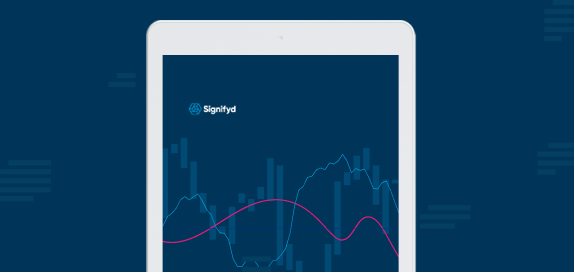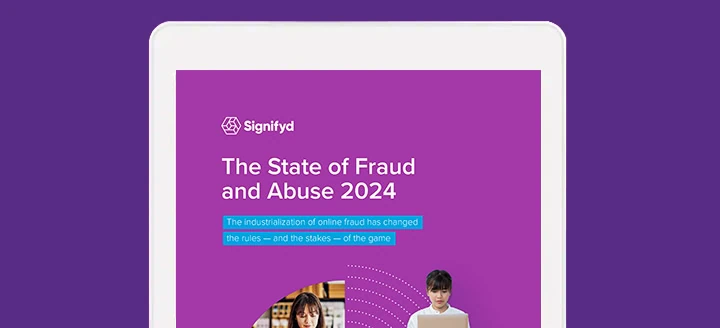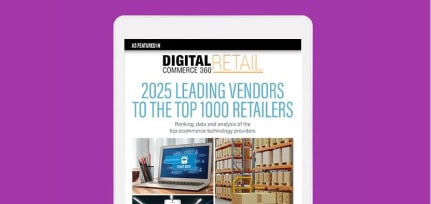I was at work, sending emails, when my cell phone began to ring. I looked at the number and didn’t recognize it, but seeing as how I was in sales and I frequently give out my cell number to potential clients I picked up thinking it might be a prospect. To my surprise there was an employee from the online poker warehouse Discount Pokershop.com from whom I had recently placed an order. The women calling me was trying to verify my identity and double checking if I had indeed ordered what is now in hindsight a ridiculous amount of chips ($328.97 to be exact). After verifying that I had indeed purchased the chips the day before, I was reassured that I would receive shipment of my order in about a week.
In retrospect when I was told to diversify my portfolio, five card stud was probably not the best investment strategy
Not in person? Not our problem!
If you looked at the website of Discount Pokershop.com you know that they have a nice little business; but that’s what it is, a nice little business. They aren’t exactly Walmart.com or Amazon.com with legions of employees who can easily call up every customer, they most likely have around 50+ employees. The reason that they called me instead of Visa or Master Card is the switch in liability for card not present transactions.
Let’s say that there was a Discount Pokershop retail location, and I had purchased the same amount of poker chips instead of purchasing them on the web. If my purchase history neglected to show any previous gambling related charges, or if this was an extremely large amount compared to my normal purchase history my card issuer would likely call me up in the same fashion as had the Discount Pokershop.com employee. The reason though that Visa or Mastercard would be the ones to call me in the instance of an in person, retail store decision versus an online purchase is simple. Fraudulent purchases made in card present (real world) transactions ultimately are the liability of the card issuer, where as a card not present (online) purchase ultimately is the liability of the company/merchant.
So much contradictory information….so little makes sense….
Ecommerce is booming.
According to emarketer.com online sales are projected to grow at a global rate of 18.3% for a final estimate of around $1.3 TRILLION dollars. 2012 was a groundbreaking year as the consumers of the web shattered the $1 trillion dollar sales mark, and online sales are projected to accelerate their growth in coming years.
What this means for merchants is an increasing fraud liability as they potentially process an ever rising number of potentially stolen credit cards. How to prevent friendly fraud: companies who operate online store fronts have 3 options available to them:
- Do nothing as their business grows and lose an increasing amount of money to online theft.
- Purchase premium fraud prevention services from companies like Signifyd to prevent losses.
- Implement internal fraud protocols to check suspicious orders, which almost always involves calling a customer on high value orders to validate their identity and connection to a purchase before shipping their product.
If you want your goods, pick up the phone
Fraudsters really do ruin it for the rest of us. Javelin Strategy and Research reported that in 2012 12.6 million individuals had their identity stolen, with fraudsters using that data to steal $21 Billion dollars. While no one likes answering the phone to reconfirm that they did indeed make a purchase on a website, as ecommerce merchants replace brick and mortar stores as the primary shopping venues online shoppers should expect more phone calls from web merchants asking them to validate their identity and purchase. If you are an ecommerce merchant looking to stop fraudulent purchases for your online store, please feel free to reach out to us anytime at [email protected] or at [email protected] . Thanks for reading!













